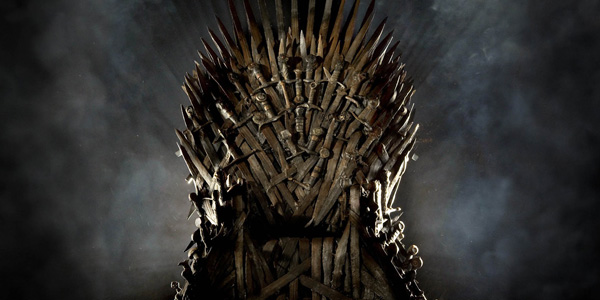‘The most gruesome television death of all time.’
‘My heart is literally broken’.
‘Please don’t let this be true.’
Season Seven of AMC’s The Walking Dead certainly got off to a horrific start, surpassing even itself in terms of shear onscreen brutality. The image of Glen’s severely dented skull, blood oozing like lava from the cracks after a smash from Lucille (Negan’s weapon of choice – baseball bat covered with barbed wire), will be with me for some time. The quick young pizza delivery boy we first met in season one is no more. His headless body has been driven back to Alexandria for burial and his brain juice has likely been slurped up by the undead.
Though Glen’s death was particularly hard to take, being one of the last remaining characters from the first season, the tragic nature of his demise is something that Walking Dead fans have grown accustomed to, with the deaths of Sophia, Dale, Lori, Andrea, Hershel, Lizzie, Mika, the list goes on. We are used to tragedy. We are also used to the pattern of survive, settle, get slaughtered. Season Seven has already given us tragedy. Will it follow the same plot as all the others, or will it break the mould? Are we about to see the birth of the New World. Here are a few thoughts…
I started watching The Walking Dead a year ago. I’ve got to be honest, the first season utterly frustrated me. Rick’s sense of duty (attached to his refusal to take off that stupid fucking police hat) and Lori’s obsession with Carl practising math incensed me. The world is falling apart around you and you’re more worried about your son’s ability to calculate ? Give him a gun and a target, for christ’s sake. However, thankfully the show moved on. Rick grew ruthless. Lori got eaten. Morgan became Mr. Miyagi. And now here we are. So what next?
Season Seven’s introduction of The Kingdom, ruled by King Ezekiel, as well as its closer focus on Negan’s Saviours, has immediately increased the scope of the series. Whilst the previous Six seasons have been spent either rambling through gutted towns or making house in new-found havens, Season Seven appears to be signalling a change in the post-apocolyptic world. Now there are communities, tribes, dictators and Kings. There is a distinct geography, as well as a clear ruler, in Negan.
Personally, I find this new direction refreshing. Too often have zombie and post-apocolyptic films and TV shows ended in either total ruin, or a return to the old world, minus a few billion people. What The Walking Dead is doing is introducing the beginnings of the new world, based upon the principal of how the old world was formed. Thousands of years ago, the Romans conquered lands controlled by hundreds and hundreds of tribes, each one with their own set of customs and practices. The Romans either wiped out these tribes and forced the survivors into slavery, or made them pay tribute, in return for peace. Negan is doing exactly the same thing, forcing communities around Washington to give him a percentage of their produce. If they fail to do so, he’ll introduce them to Lucille. It’s as simple as that. If The Walking Dead continues in this direction, then there is the opportunity for real growth of plot, for the development of a new state, once Negan has been removed from power, and the rise of a new leader, perhaps in Rick?
Yet, who knows? I could be wrong. Season Seven may end in much the same way as all the others: The Kingdom will be overrun by a herd, or sacked by Negan’s men, its inhabitants slaughtered, another couple of well-loved characters will meet their end, Rick will kill Negan and the group will be forced to once again hit the road. I hope this isn’t the case. I hope Season Seven moves us some way toward an end game, a cure even. For now, however, we’ll have to wait and see.









